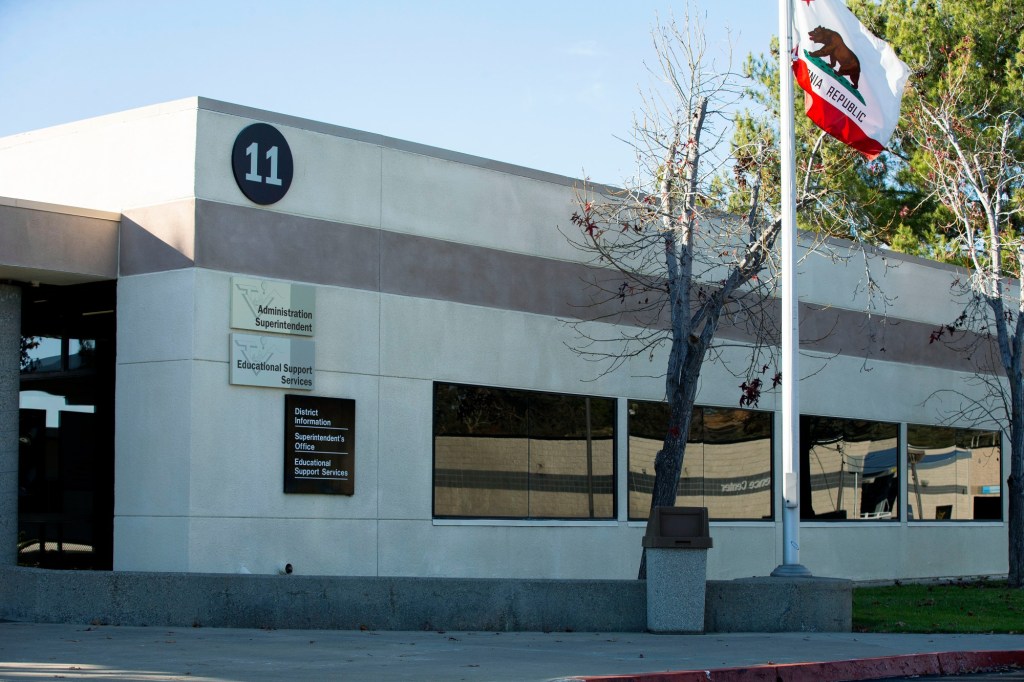
A Temecula school district policy banning critical race theory violates the California constitution, a state appeals court has ruled in reversing a 2024 court decision.
The Monday, May 19, ruling found that the resolution — passed in late 2022 at the first meeting after a conservative school board majority was elected — was vague.
“The Resolution’s language is ambiguous, lacks clear definitions, is unclear in scope, is seemingly irreconcilable with state-mandated educational requirements, and contains no enforcement guidelines,” the California Court of Appeals decision states.
The school board has until Tuesday, June 3, to ask the appeals court to reconsider its decision.
This is the first time a challenge to a critical race theory ban has been struck down for violating a state constitution, said Max Mishkin, an attorney handling the case.
“Big picture, I think this is a significant victory for our plaintiffs,” said Mishkin, whose firm is representing Temecula teachers.
The ruling concluded that “people need to understand what the law is if we expect them to follow it,” Mishkin said.
If one doesn’t know what the law prohibits, then people are more likely to over correct and self censor, he said.
When the Temecula Valley Unified School District board barred critical race theory in December 2022 the conservative board majority included current trustees Jen Wiersma and Joseph Komrosky.
Komrosky introduced the resolution, which called critical race theory a “racist ideology.”
The board’s resolution said critical race theory is “divisive” and “based on a false assumption” that “assigns moral fault to individuals solely on the basis of an individual’s race.” It also states that “critical race theory assigns generational guilt and racial guilt for conduct and policies that are long in the past.”
Critical race theory involves examining the role of race in society and how racism has been historically embedded in institutions and policies.
A February 2024 ruling initially found that the policy did not seek to “deny access to information,” rather it sought to “limit instruction on the subject of CRT to a subordinate role within a (larger) instructional framework.”
The resolution “specifically prohibits instruction on theories” such as “only individuals classified as ‘white’ people can be racist because only ‘white’ people control society,” Riverside Superior Court Judge Eric Keen wrote.
Such theories “would seem to be incongruous with the (Legislature’s) clear intent found in California Education Code …” Keen added.
This week’s ruling was applauded by some.
“This decision reinforces the principle that all students should have access to inclusive, affirming curricula that reflects the diversity of their communities and the richness of our shared history,” Attorney General Rob Bonta said in a Tuesday, May 20, statement.
Bonta said the ruling affirms the importance of teaching the full “scope of the human experience” and that such policies target vulnerable communities and undermine students’ well-being and their academic success.
“We believe our students deserve access to an honest education that helps them develop the knowledge and skills they need to learn, grow, and thrive,” California Teachers Association President David Goldberg said in a Tuesday, May 20, statement.
This is a developing story. Check back for updates.



